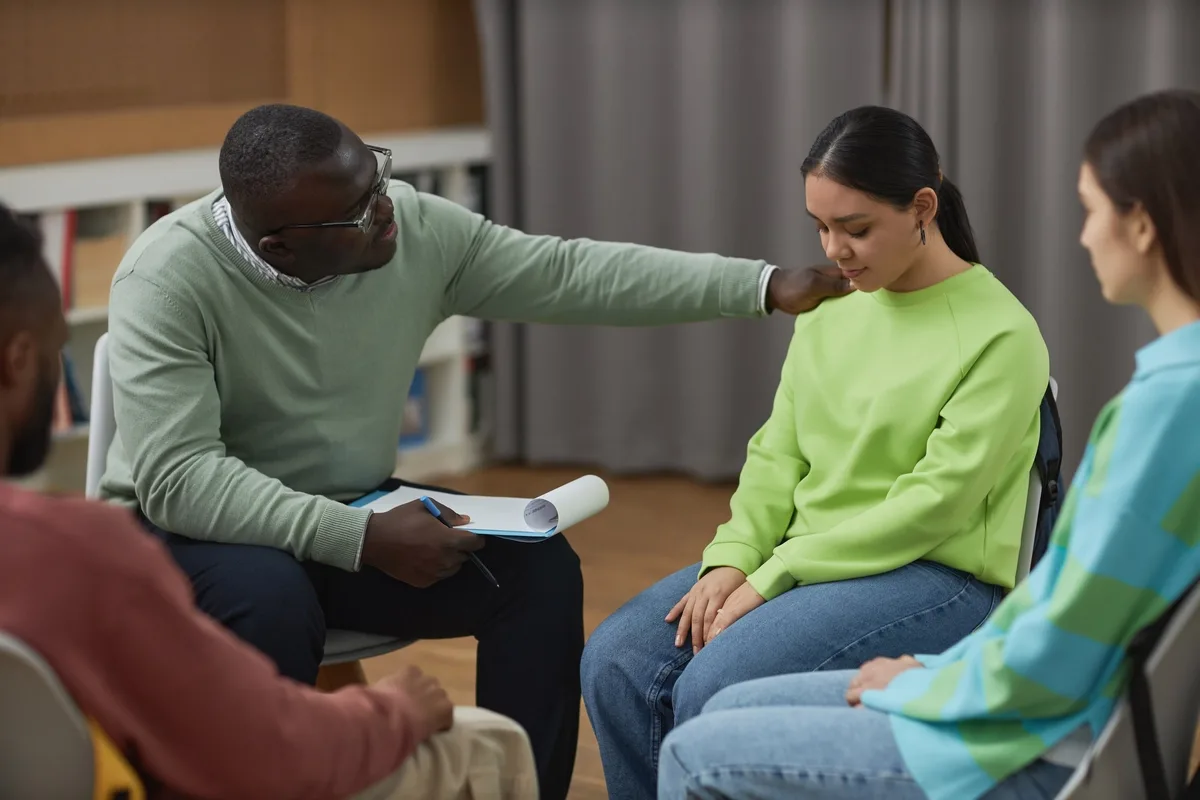24/7 Helpline:
(866) 899-221924/7 Helpline:
(866) 899-2219
Learn more about Inpatient Rehab centers in Baraga County

Other Insurance Options

Cigna

Private insurance

Health Choice

CareFirst

Magellan

Meritain

CareSource

UnitedHealth Group

Health Partners

Sutter

Humana

American Behavioral

Oxford

Premera

Carleon

Absolute Total Care

Regence

MVP Healthcare

Multiplan

Covered California

Keweenaw Bay Indian Community – New Day Treatment Center
Keweenaw Bay Indian Community – New Day Treatment Center is a public rehab located in Lanse, Michiga...















Keweenaw Bay Indian Community Substance Abuse Programs – KBICSAP
Keweenaw Bay Indian Community Substance Abuse Programs (KBICSAP) is a state licensed facility that o...

Copper Country Community Mental Health Services
Copper Country Community Mental Health Services is located in L'anse, Michigan. Copper Country Commu...















